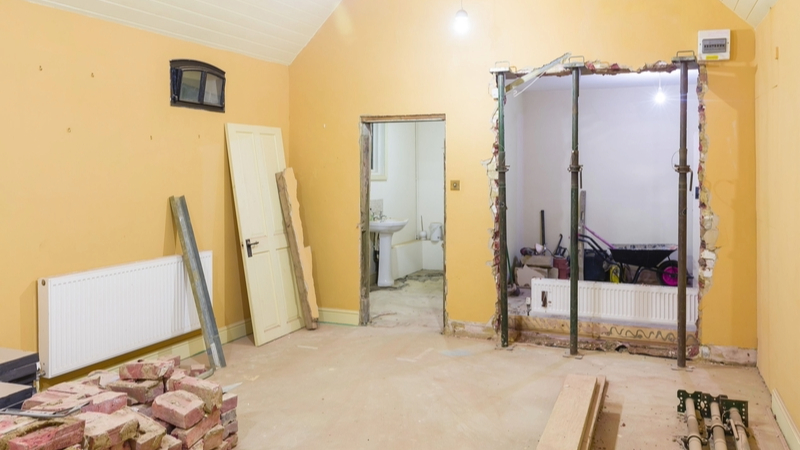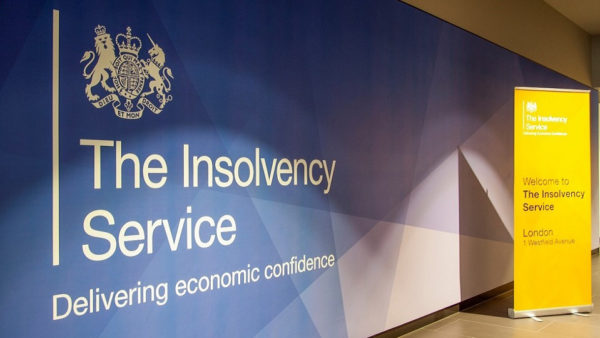
Almost half of homeowners in the UK don’t think having a written contract with their builder is essential when doing home improvements.
New research by the Chartered Institute of Building (CIOB) found that despite three-quarters of people worrying about the cost-of-living crisis affecting their home refurbishment projects, 48% don’t consider it a must to have an agreement in writing with their tradesperson.
Experts at CIOB say not having a contract means clients face potential misunderstandings over costs and project delivery, with expensive disputes much more likely to occur, ultimately putting their project at risk.
According to CIOB’s survey of 2,000 homeowners in the UK planning to make improvements to their properties in the next 12 months, personal recommendation was the most popular way of selecting a builder or tradesperson.
However, just under a third of people consider it a priority to also check a builder’s references, relevant qualifications or professional accreditation. The research suggests that younger people are more likely to use online directories or adverts in local publications than rely on personal recommendations.
CIOB’s top tips
CIOB has published free online resources for homeowners planning home improvement projects including top tips, templates and blogs on how to get the best results. These include:
- Set a realistic budget for your project that includes a contingency for any unexpected costs.
- Commit to sticking to budget and check frequently that your project is in line with it. Avoid making last-minute changes.
- Select a minimum of three builders and check their references, reviews and accreditation even if they have been recommended to you.
- Provide each builder with the same detailed information about your project and invite them to quote. Depending on your project, you may need a professional to draw up plans. Sharing these with each builder will enable them to provide an accurate quote.
- When comparing quotes consider value for money. Cheapest is not always best and in many cases, you get what you pay for.
- Agree on a written contract with your builder which covers payment terms, start and completion dates, materials, subcontractors, security, health & safety, cleaning up and waste disposal. Online contract templates are available.
- The contract should commit the builder to return after completion to fix any issues or ‘snags’ you have discovered, such as cracked plaster or paint, before receiving the final payment.
Protecting clients and contractors
Linda Stevens, head of client development at CIOB, said: “Making good decisions from the outset on appointing a builder, budget setting and written contracts can be the difference between project success and failure.
“Making improvements to your home is exciting and it’s natural people just want to get going on their projects, but taking time to do background checks, plan your budget and put contracts in place will go a long way to ensuring you get the best-possible results, spend money wisely and have a beautiful home to show for your efforts.”
Jack Hounsham, managing director at principal contracting company Appledown Projects, added: “A professional contractor or builder will prefer their clients to be well informed about their project and have key success factors in black and white for all to understand and commit to from the outset.
“A written contract protects the contractor as well as the client so in all cases a professional, highly regarded contractor or builder will insist that such an agreement is in place.”
The CIOB is hosting a session on this topic at Grand Designs Live in London ExCel on 9 May at 1 pm on the Magazine Stage.
Comments
Comments are closed.












This is very handy for small businesses looking to have small works done. Just knowing what to ask their builders is often a problem for people outside the construction industry. From the builder’s point of view, having a written document avoids a lot of anguish at the end and deals with the old “while you’re here…”. Very useful article that I’ve already forwarded to various building industry mates here and back home in Australia.